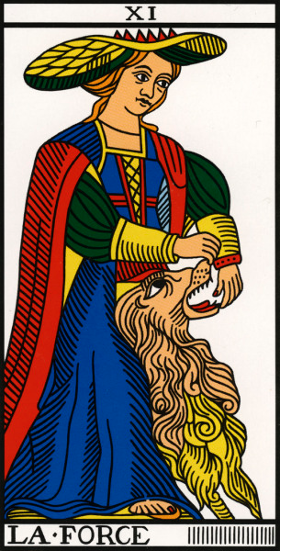We can ask ourselves, from time to time, what attracted us to the Fourth Way and such spiritual material? Where did this interest in things sublime, out of the ordinary, arise?
Development of Magnetic Center
The Fourth Way describes a part of us that accumulates higher influences, called a magnetic center. This magnetic center grows dissatisfied with ordinary life as we know it and searches for higher meaning. Ouspensky advises that a true magnetic center will only accept C Influence. By ‘C Influence’ we mean angels or higher forces—men or women who were able to transcend ordinary existence, who became conscious.
Conscious Knowledge in The Divine Comedy
Spiritual growth implies a creative process. We find reflections of this process in the great works of world literature. One such work is Dante Alighieri[1]’s ‘Divine Comedy’. Written over 700 years ago, the ‘Divine Comedy’ describes the ascent of the soul through three realms. Here the angelic influence is Virgil, serving Dante as his guide through the inferno of his lower self. Dante must pass successively through Inferno (hell), Purgatorio (purgatory), and Paradiso (heaven). In hell and purgatory, Dante is led by a celestial guide, the ancient Roman poet Virgil[2]. Throughout his encounters with tortured spirits in hell, Virgil cautions Dante not to pity these spirits. By doing this, Virgil is teaching Dante not to identify. ‘Identification’ in the Fourth Way is a mechanical manifestation similar to ‘attachment’ in Buddhism.
Receiving Help to See One’s Lower Self
Ultimately, in the description of hell, purgatory, and heaven, Dante is pointing within. These are not necessarily external places. The spiritual aspirant must face the implied realities of these three realms within. And a guide is usually necessary.
Expressions of mechanicality include imagination[3], negative emotions, and unnecessary talk. However, these can be in close temporal proximity to remorse, compassion, and love. Presence, also known as self-remembering, has a unifying element. By shedding conscious light on internal scenarios, be they mundane, painful, or difficult, we reach a more peaceful state. Indeed, it is often when things seem to fall apart most that we are closest to a place of comfort and consolation.

Card XI in the Tarot, ‘Strength’ (‘La Force’ in French) illustrates the need to refrain from expressing negative emotions (symbolized by the lion). This is a preliminary step on the road to spiritual evolution.
Literature as a Conscious Mirror of the Miraculous
Ouspensky advises us that we must always remember that our search began with looking for the miraculous. It is indeed quite miraculous that Virgil, who completed his ninth life in 19 BC, waited 1284 years in Paradise until he returned to earth to awaken Dante. In The Divine Comedy, Dante provides us with his perfect vision of the spiritual and corporeal structure of the universe. Indeed, this singular work of art may have helped the onward movement of celestial knowledge during the Renaissance. And the Divine Comedy may even have helped the epochal transition from the middle ages to the Renaissance, in Italy, and later elsewhere.
The Tip of the Iceberg
However elevated as this topic of awakening may be, words fall short of describing spiritual states. Walt Whitman[4] said that the real story will always stay out of the books. Indeed, the suffering that a human being must undergo in order to become an immortal conscious being must remain unspeakable. It is the transformation of suffering into presence, rather than suffering itself, that allows us to ascend to celestial spheres. What we see, be it Whitman’s ‘Leaves of Grass’, or Dante’s ‘Divine Comedy’, is but the tip of the iceberg. In these two masterpieces of world literature we see but a reflection of what an individual, such as these two authors, may invisibly attain.
For other articles by Benjamin B., see https://fourthwaytoday.org/?s=Benjamin+B.
[1] Dante (1265-1321), was an Italian poet, often called “the Supreme Poet” in Italy. Dante’s masterpiece ‘The Divine Comedy’ is a colorful depiction of Dante’s passage as an ascending soul through the Inferno (hell), Purgatorio (purgatory), and Paradiso (heaven). ‘The Divine Comedy’ is divided into these 3 sections: Hell, Purgatory, and Heaven.
[2] Virgil (70BC-19BC).
[3] The constant stream of inattentive thoughts in our brain.
[4] Whitman (1819-1892) was an American poet, essayist and journalist.
